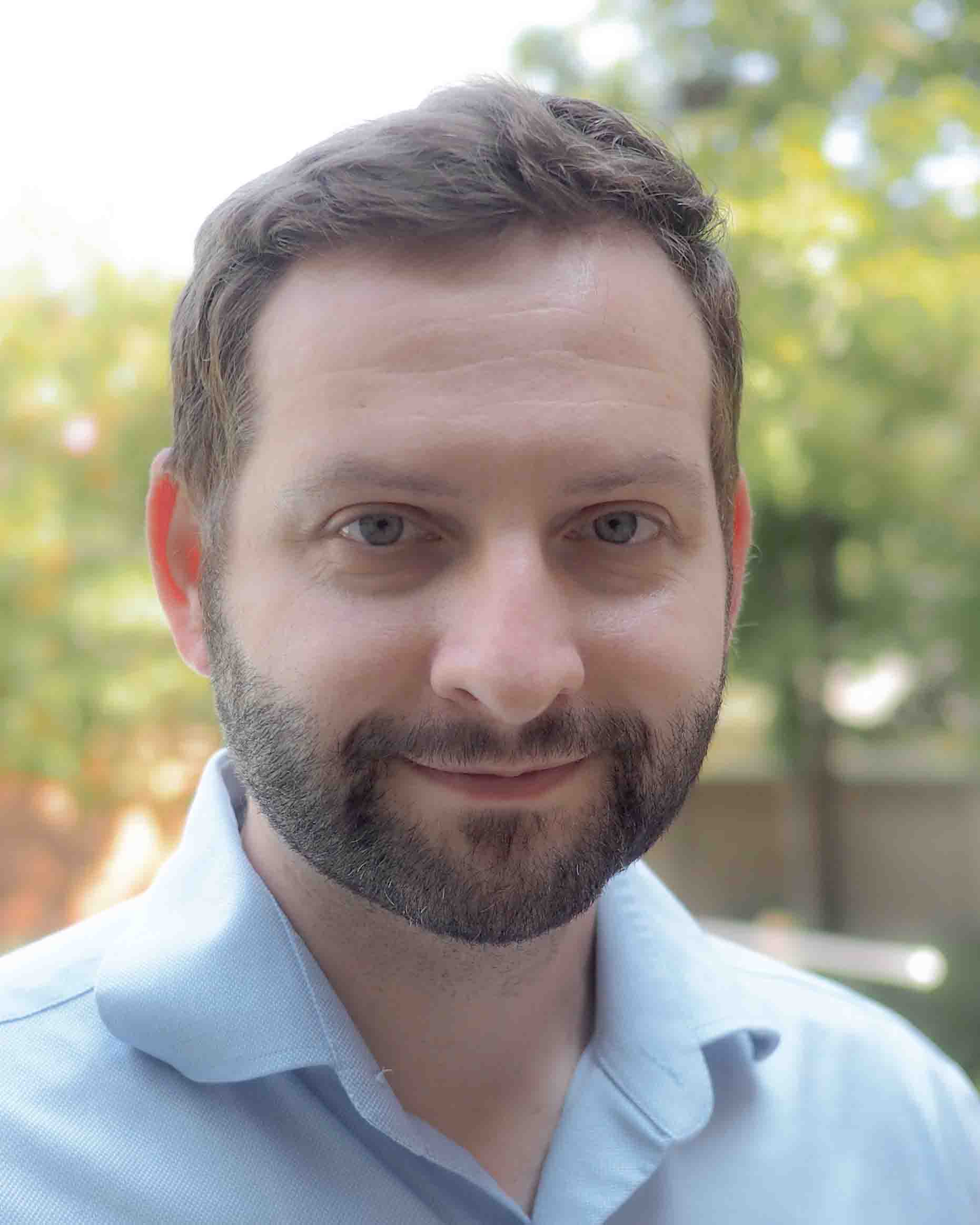
Christopher LaRock, PhD
Associate Professor
Department of Microbiology and Immunology
Emory University School of Medicine
ARTDTP Research Discipline:
Pathogens must successfully prevent restriction by our formidable immune defenses in order to infect. This is often promoted by virulence factors specifically adapted to intercept key immune regulators. The LaRock laboratory examines how microbial virulence factors (eg. toxins and effectors) and host factors (eg. cytokines) interact, using biochemical, genetic, and pharmacologic tools. Our work is revealing new mechanisms of microbial pathogenesis, infection risks associated with immunotherapy, and new drug targets for infectious and autoinflammatory diseases. A long-term goal is to devise rational treatment strategies that enable effective immune clearance of an infecting pathogen without the dysbiosis or evolution of resistance that occurs with conventional antibiotics.
GROUP A STREPTOCOCCAL (GAS) PATHOGENESIS:
We previously found some antiinflammatory drugs were associated with invasive infections by Group A Streptococcus (GAS). This occurs in part because GAS hyperactivates IL-1β, independently of the canonical host caspase regulator, via the proteolytic toxin SpeB acting as a 'bacterial caspase' (LaRock et al. Science Immunology 2016). This mechanism explains why GAS isolated from sepsis and necrotizing fasciitis infections frequently have mutations inactivating SpeB; these mutations are pathoadaptions that limit IL-1β activation, thereby permitting GAS to escape restriction by inflammation. Why hasn't an obligate human pathogen like GAS developed a strategy to escape IL-1β detection? In ongoing work, we examine how GAS reprogram inflammation to subvert immune cell coordination and microbiome population structure.

